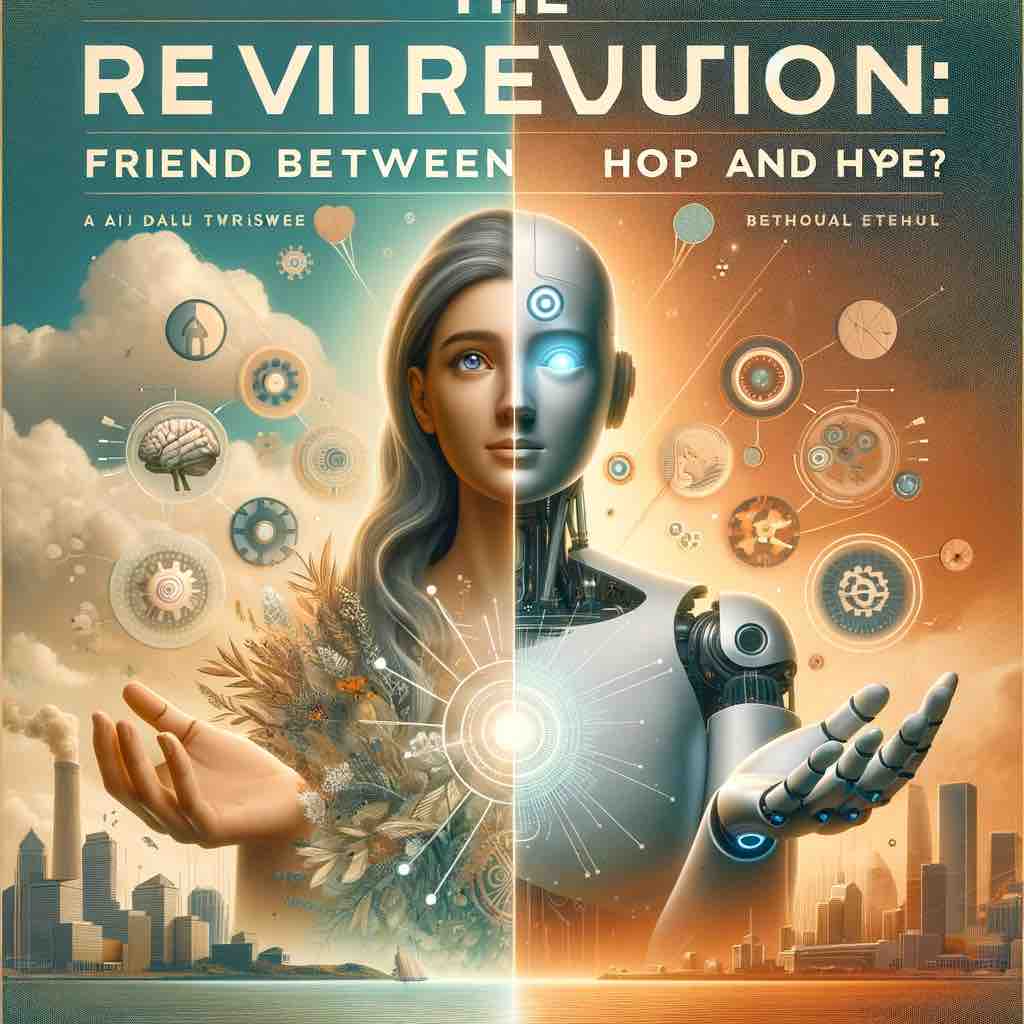The Future of Work
The factory floors used to echo with the rhythmic clang of machines, a symphony of human and mechanical collaboration. Today, robots hum a different tune, reshaping the future of work in thrilling and unnerving ways. Automation and artificial intelligence (AI) are rapidly advancing, leaving many to wonder: are robots our companions or competitors? The answer, as always, is nuanced. The impact of automation and AI on different job sectors, trends in remote work and the gig economy, and reskilling and upskilling initiatives are shaping the future of work. Here are the key points to consider:
Robots on the Rise: Transforming Job Landscapes
The impact of automation and AI varies across sectors. Repetitive, data-driven tasks in manufacturing, logistics, and administrative roles are most susceptible to automation. Imagine self-driving delivery trucks navigating city streets, or robots assembling smartphones with precision exceeding human hands. While these advancements promise increased efficiency and productivity, they also raise concerns about job displacement.
Robots are versatile machines that come in various forms and serve different functions. They are designed to perform tasks typically completed by humans and are guided by programming software and rules that allow them to operate autonomously. Some common types of robots include those used in healthcare, home life, manufacturing, logistics, space exploration, entertainment, and travel.
The impact of robots on society evokes both hope and fear. On one hand, they have the potential to make processes in homes, workplaces, and public spaces safer and more efficient. The future of robots indicates that they can streamline everyday chores, improve operations in various industries, and contribute to efforts to make cities and public spaces more sustainable. However, there are concerns about job losses due to automation and the potential displacement of specific roles. The dialogue surrounding robots is complex, with discussions about their benefits and consequences.
As engineers and scientists continue to develop and advance robotics, the capabilities of this technology will only increase. Robots are already integral to daily life and are expected to serve as assistants, workmates, teachers, surgeons, and explorers, ultimately improving human lives.
The future of robotics holds both promise and challenges. While robots have the potential to transform various industries and make significant contributions to society, it is essential to carefully consider the implications of their widespread adoption and ensure that the benefits are maximized while mitigating potential drawbacks.
However, the picture isn’t bleak. Automation often creates new jobs in areas like robot design, maintenance, and data analysis. The human advantage lies in adaptability, creativity, and critical thinking – skills robots struggle to replicate. Think of the surge in demand for healthcare workers using AI-powered diagnostics or cybersecurity professionals defending against AI-driven cyberattacks. The key lies in understanding the complementary nature of humans and machines – robots handle the rote, while humans provide the vision and ingenuity.
Remote Revolutions: Redefining the Workspace
The pandemic shattered the notion of the physical office as the primary workspace. Zoom calls became the new watercooler chats, and pajamas replaced business attire. This remote revolution continues, fueled by advancements in communication technologies and a growing desire for work-life balance. Companies worldwide are embracing remote work arrangements, leading to a geographically dispersed workforce and a blurring of traditional working hours. However, remote work isn’t without its challenges. Maintaining communication and collaboration, avoiding burnout, and fostering company culture pose unique obstacles to the virtual environment. To thrive in this remote paradigm, workers must develop solid digital communication skills, time management strategies, and the ability to self-motivate and work independently.
There has also been the Impact of Automation and AI on Job Sectors: Automation and AI are revolutionizing the workplace, leading to the potential displacement of specific jobs while creating new opportunities. These technologies are reshaping job roles and the required skill sets, emphasizing the need for upskilling and reskilling to adapt to new roles that involve managing and collaborating with AI-powered systems.
The Gig Economy: Flexibility or Fragility?
Parallel to the remote revolution, the gig economy is booming. From freelancing writers and graphic designers to Uber drivers and TaskRabbit handymen, individuals increasingly opt for independent, project-based work. This offers flexibility and freedom but comes with drawbacks: inconsistent income, lack of benefits, and limited job security. Navigating the gig economy requires solid entrepreneurial skills, self-marketing prowess, and building and managing diverse professional networks.
Trends in Remote Work and the Gig Economy:
The COVID-19 pandemic has accelerated the adoption of remote work, offering advantages such as flexible schedules, location independence, and employer cost savings. The gig economy and freelancing are rising, providing advantages and disadvantages for workers and businesses.
Reskilling and Upskilling: Adapting to the Changing Landscape
Whether facing automation, embracing remote work, or venturing into the gig economy, upskilling and reskilling become essential tools for navigating the future of work. Governments, educational institutions, and businesses all have a role to play in providing accessible and relevant training programs. These programs should focus on building digital literacy, cultivating soft skills like communication and collaboration, and fostering skills in emerging fields like AI, data analytics, and cybersecurity. The World Economic Forum projected in its Future of Jobs Report 2020 that half of all employees worldwide would need reskilling by 2025
“Emerging technologies like artificial intelligence will change the way every job is done,” IBM CEO Ginni Rometty, said. “I look forward to finding new ways for all Americans to participate in this digital era by building the job skills that are already in demand in our economy.”
Practical Tips for Thriving in the Future of Work:
- Embrace lifelong learning: Stay curious, explore new skills, and continuously update your knowledge base.
- Network actively: Build professional connections online and offline, both within and outside your industry.
- Highlight your transferable skills: Focus on skills applicable across different jobs and sectors, showcasing your adaptability.
- Develop your online presence: Build a strong personal brand and digital portfolio to stand out in the competitive job market.
- Stay adaptable and agile: Be open to new opportunities and embrace change positively.
Resources for the Future-Proof Worker:
- Coursera: Online courses in various fields, offering flexible learning options.
- Udacity: Nanodegrees and boot camps focused on in-demand tech skills.
- FutureLearn: Free online courses and micro-credentials from top universities.
- Skillshare: Online learning platform for creative and entrepreneurial skills.
- OpenLearn: Free learning resources from The Open University.
Remember, the future of work is not a preordained script. Collectively, we write a story with our choices, skills, and adaptability. By embracing lifelong learning, staying agile, and leveraging the right resources, we can survive the changing landscape and thrive in a tech-driven world where opportunities abound for those who choose to evolve.
Rapid technological advancements, remote work flexibility, and the necessity of upskilling characterize the future of work. Embracing these changes and preparing for the opportunities they bring through continuous learning and skill development is crucial for individuals and organizations to thrive in the evolving work landscape.
Verify Ideas is a valuable resource for staying informed and exploring cutting-edge trends in the world of work. By combining your insights with Verify Ideas’ diverse resources, you can create a precious and engaging blog that empowers your
Forget FICO, Hello Future: AI, Instant Loans, and Paying Rent for Credit – The Fintech Revolution Reaches Your Wallet
June 30, 2021

